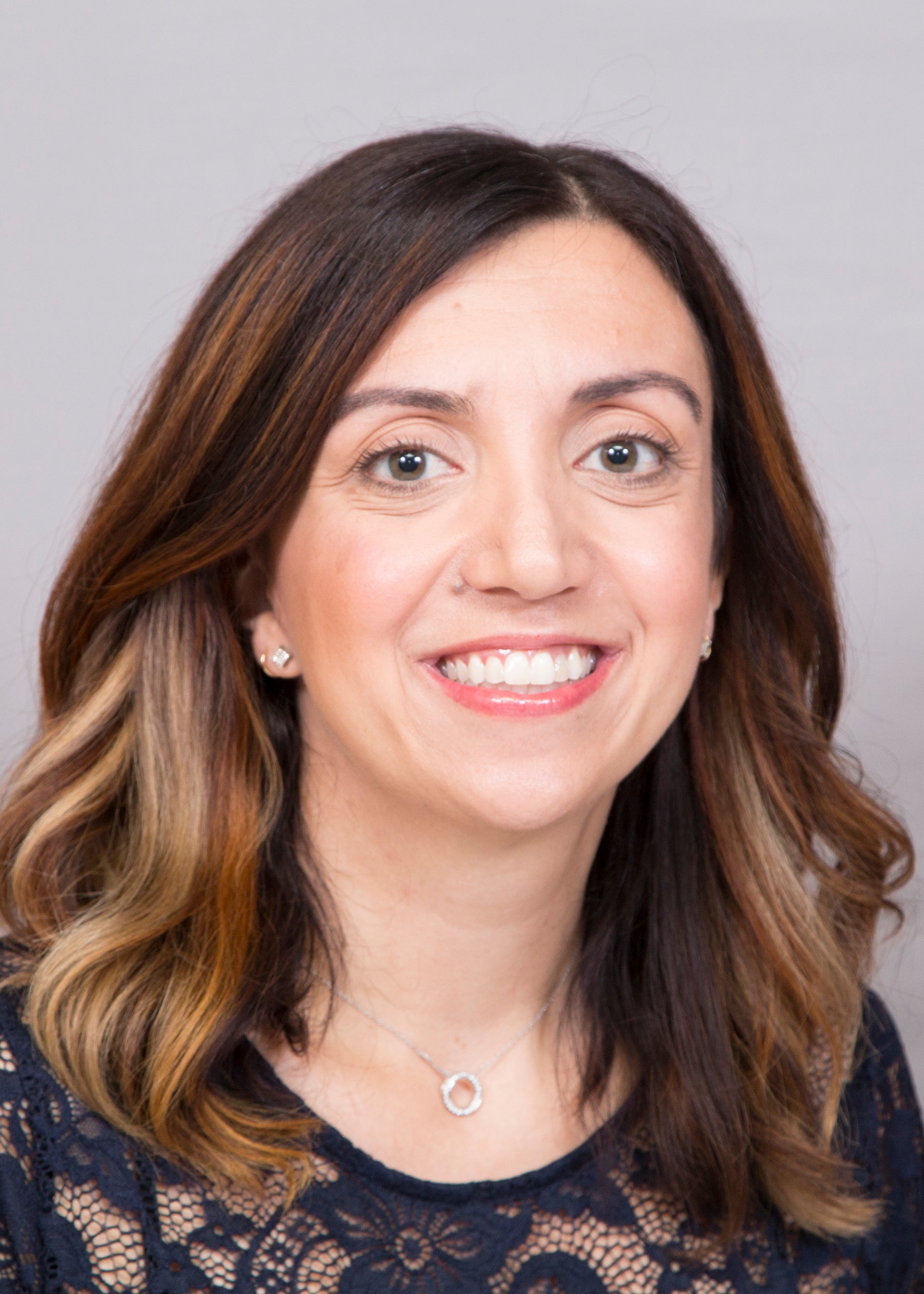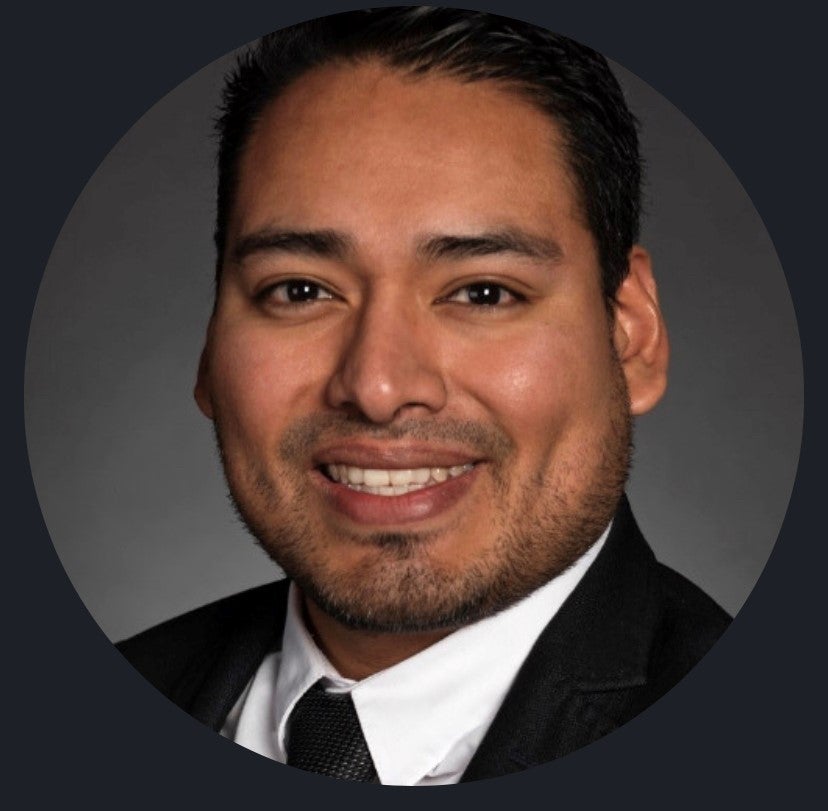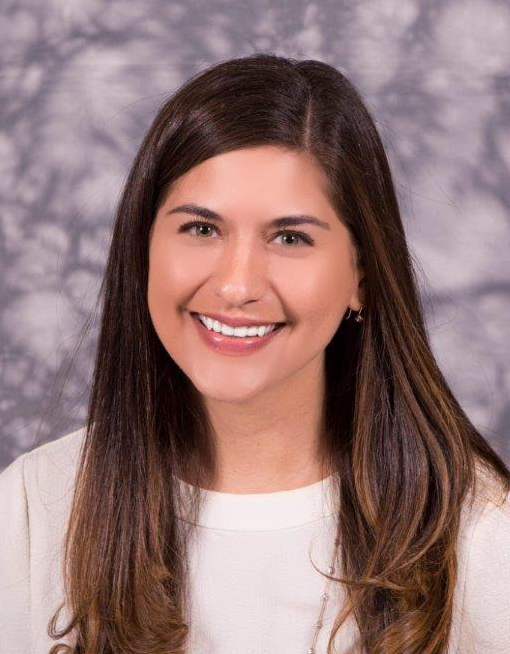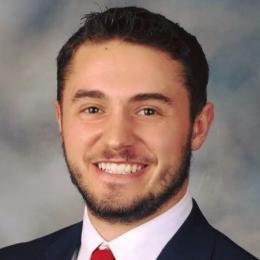When Jacquelyne Belcastro started at Sapa Extrusions North America (now Hydro Extrusion North America) in December of 2011, the nearly 20 aluminum remelt and extrusion North American plants had been without in-house legal counsel for a couple of years.
The executive leadership team decided to bring on a new general counsel to help develop and lead the legal function. While Belcastro’s initial budget included room for a senior paralegal and some room for outside counsel, she had to be creative in how to do more with less. In response, Belcastro channeled her love for teaching, curating a cost-effective way to expand legal resources: an internship program. Less than six months after starting at Sapa, Belcastro put her idea into practice, contacting her alma mater, Northwestern University Pritzker School of Law, to hire a 1L as a summer intern.
Belcastro started the Hydro internship program out of sheer “practicality.” Now, she has three attorneys on her team (Meredith Ray, Nancy Cisek, and Gabe Alvarado), plus a senior paralegal and legal operations professional, Christey Julian. She sees the internship program as a way to cultivate relationships with law students, teach management skills to her team, and share her knowledge from 30 years of legal practice with the next generation of attorneys.

During the summer of 2021, Hydro employed three interns from different law schools: Chicago-Kent College of Law, Northwestern University Pritzker School of Law, and SMU Dedman School of Law. What started as one intern from Belcastro’s alma mater has grown into an established, well-respected 1L internship program. Past interns have landed associate positions with large firms such as Kirkland & Ellis LLP, Ropes & Gray LLP, Sidley Austin LLP, and Sullivan & Cromwell LLP, crediting Hydro with helping to prepare them for their current practices.
The program's purpose
Hydro’s Extrusion North America business unit provides aluminum extrusions as well as fabrication and finishing services to customers in many markets including distribution, automotive, building and construction, and transportation, as well as aluminum remelt cast houses. To support its extensive operations, Extrusion North America has approximately 6,000 employees, 21 manufacturing sites, and over 4,000 customers.
The business unit is part of Norsk Hydro ASA (OSE: NHY), a leading global industrial company committed to a sustainable future, headquartered in Oslo, Norway. Thus, while the Hydro legal team has recently grown to include four attorneys, interns remain a valuable asset. Hydro’s continued growth allows its attorneys to fine-tune the program’s goals and purposes.

In preparation for this article, we sat down with Nancy Cisek, senior legal counsel at Hydro, and Meredith Ray, legal counsel at Hydro, who have both been with Hydro for over five years. When asked to describe the goal of Hydro’s legal internship program, Cisek and Ray had the same initial response: to gain more resources and help, while providing a valuable learning experience for law students. As Extrusion North America continues to grow, Hydro’s internship program still fulfills Belcastro’s initial goal of gaining extra help for the team’s significant volume of work.
The internship program also helps Hydro accomplish one of its most important goals: promoting diversity and inclusion throughout the company. During her time at Hydro, Belcastro has worked to increase racial and gender diversity, as well as promote an overall culture of inclusion within Hydro. She created a strong high-performing team of legal professionals who have built a robust compliance culture.
Notably, for nine of the past 10 years (when Gabe Alvarado recently joined), this team was all-female. Belcastro has also hosted women’s networking events at internal management conferences since November 2013 (the first meeting was only nine women and the most recent meeting, in June 2021, was over 30). In addition, the team also considers diversity when engaging new outside counsel on matters and working with existing counsel to increase the number of diverse attorneys who are working on their legal matters.
Even beyond the opportunity to help address actual day-to-day issues and work on important initiatives, becoming a part of the Hydro legal team provides the interns with an incredibly diverse perspective. As a result, interns benefit from the welcoming, collaborative, and team-oriented work environment that flows from Belcastro’s successful D&I efforts – the interns appreciate that their personal efforts and work contributions are valued and respected.

Lisa Gunter, a former Hydro legal intern who is now a mergers and acquisitions associate at Kirkland & Ellis, cites her time at Hydro as the “perfect” internship opportunity. In addition to invaluable exposure to legal work, Hydro taught Gunter practical skills that she carried into her practice. Further, the mentorship she received from Belcastro, Ray, and Cisek played a vital role in her growth personally and professionally. In sum, Hydro’s internship program not only fulfills Hydro’s internal goals, but also equips the next generation of attorneys with skills that are imperative to a successful practice.
Interns bring value to the corporate legal department
Meredith Ray explains the “lean” legal team looks forward to having additional resources each summer. Not surprisingly, the only aspect of the internship program the team wishes they could change is the summer’s brevity. When asked how interns provide value, Cisek explained that the assignments she doles out either complement “high priority” projects on which she is working or are matters she would handle herself. Interns provide a welcome reprieve by taking work directly from Hydro’s attorneys’ plates, while being more budget-friendly than outside counsel. This support from interns allows the legal team to “accomplish more” and dedicate their time to more strategic matters.
Additionally, Belcastro cites the internship program as a valuable way for her team to hone their management and leadership skills; Cisek and Ray agree. For the past three years, Ray has run the internship program, coordinating interviews, start dates, and summer projects. To her, the leadership experience is an ideal opportunity to help develop her own leadership skills and new attorneys. Similarly, Cisek sees the internship as an excellent way for her to develop her management skills and grow as a leader.

Beyond the work done and the experienced gained, the internship program has developed a network of dedicated and highly motived alumni. Reflecting on her time at Hydro, former intern Katherine Cornish, now an Associate at Sullivan & Cromwell LLP, views the program as an opportunity for the legal department to expand their network. Similarly, Scott Gregus, a summer associate at Sidley Austin LLP, feels the internship generates extremely grateful law students who will serve as future connections in the legal community. In-house legal teams often utilize outside counsel; thus, a growing network of interns may one day be able to give back to the mentors who helped shape the lawyers they are today.
Interns gain experience through the internship program
Hydro’s lean legal department provides interns with a unique opportunity to take responsibility for substantive work. At the beginning of each summer, the legal team compiles a “wish list” of projects for the intern class. On their first day, the interns select their summer projects. These larger projects serve as the base for each intern’s workload. Additionally, interns complete daily tasks such as researching and responding to questions from the business and sales teams, reviewing non-disclosure agreements, and often fielding high-priority projects.
If you or your company is interested in starting an internship program, members of Hydro's legal team outlined some advice in their article, "Tips on How to Successfully Implement an Internship Program."
When assigning work, Cisek focuses on projects that build interns’ abilities throughout the summer. To her, it is imperative to develop confidence and basic skills so that interns can handle increasingly complex projects. Cisek wants interns to leave with enhanced critical thinking and risk management skills — particularly the ability to play out situations in the long-term, rather than just thinking in the moment. Ray says that she likes to consider interns’ interests when assigning work, but emphasized the benefits of gaining exposure to a little bit of everything.
Former interns agree that the wide variety of work at Hydro helped them to develop valuable skills for practice. Through watching Belcastro and Ray handle daily issues, Cornish learned the strengths of being a generalist — specifically being a well-rounded lawyer who can tackle diverse legal issues regardless of their specialty. Now that she is in private practice, Cornish says her Hydro experience stuck with her, equipping her with deeper insights into clients’ priorities. Gregus explained his experience was invaluable because he felt like he was a member of the team and a valued employee. By handling projects outside the scope of most 1L positions, Gregus moved outside his comfort zone where he says most of his learning took place. Finally, Gregus credits his time at Hydro as being a “formative experience,” stating, “I would not be where I am without Hydro.”
As the program has evolved over the past nine years, Belcastro consistently finds new ways to provide her interns with the best learning experience possible. For several years, the interns and the legal team have combined their knowledge to serve the community though pro bono and other charitable activities, including volunteer work with Dress for Success and, this year, a Power of Attorney Clinic with the Center for Disability and Elder Law (CDEL). This summer, the team introduced a mentorship program, where each intern is paired with a Hydro attorney for weekly meetings. Cisek hopes to help interns maximize their experience by supporting their development. Further, Belcastro is using her extensive legal network to bring practicing attorneys into the office to speak with her interns. This opportunity will allow law students to expand their professional network and explore different practice areas. Many former interns emphasized how Hydro helped them decide what practice areas they wanted to pursue — a decision with which many first-year law students struggle.
The experience Belcastro and the Hydro legal team provide to law students is one of a kind. The program’s alumni enter their second year of law school with newly developed legal skills, an understanding of the inter-workings of a large international company, and confidence to tackle varying legal issues. As shown by the success of former interns, the Hydro legal team’s dedication to its internship program is not in vain.





